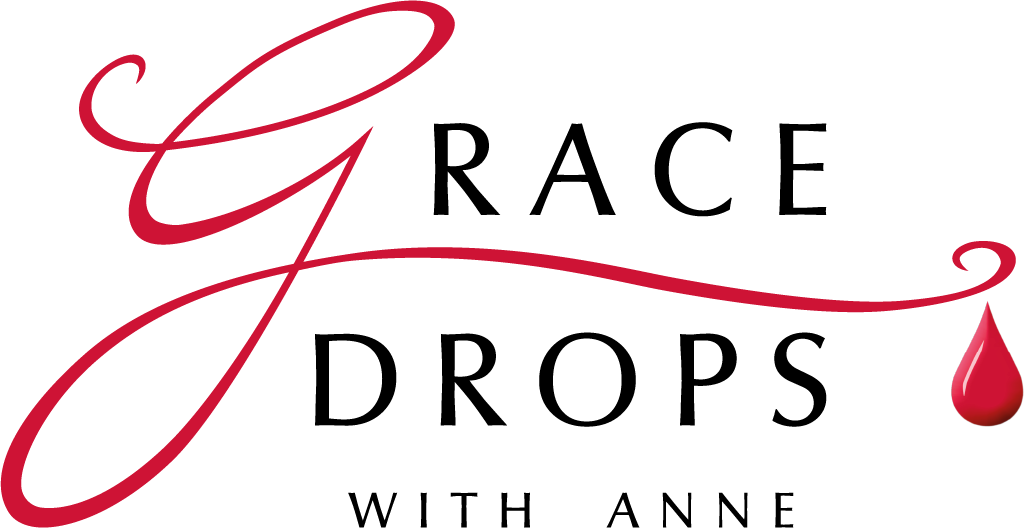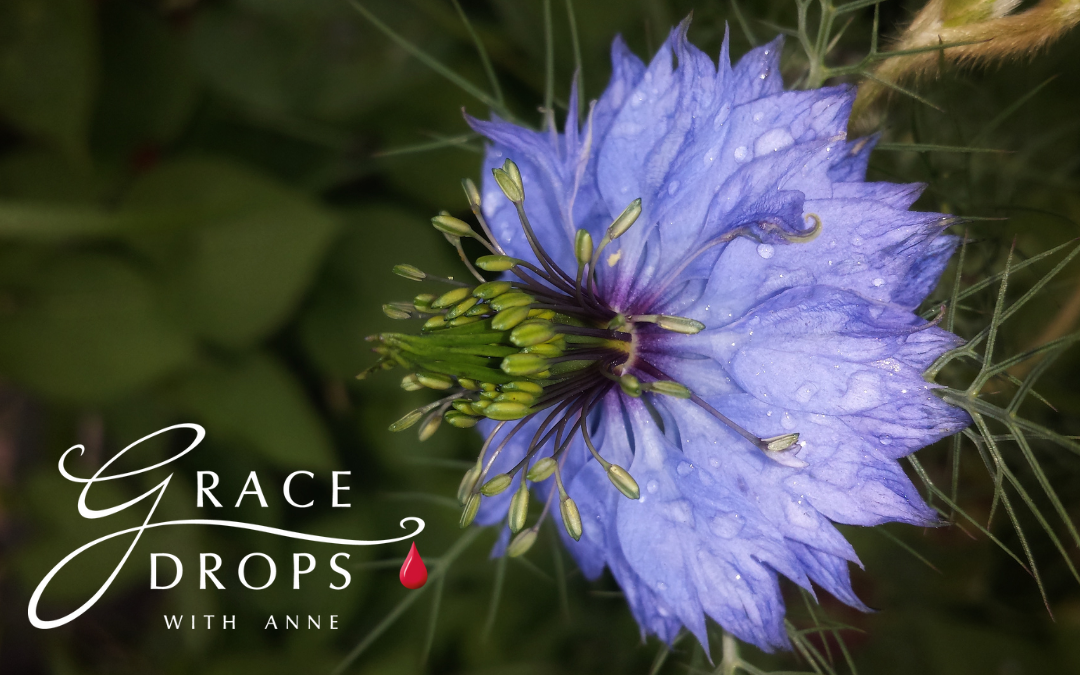During the last days of their wilderness wanderings, the people of Israel fell to grumbling as they had done long before. God had provided them with manna and quail, water and a cloud to cover and direct them for the best part of four decades, but were they grateful? Far from it.
Numbers 20:4–9 NIV tells us:
‘They spoke against God and against Moses, and said, “Why have you brought us up out of Egypt to die in the wilderness? There is no bread! There is no water! And we detest this miserable food!”
Then the Lord sent venomous snakes among them; they bit the people and many Israelites died. The people came to Moses and said, “We sinned when we spoke against the Lord and against you. Pray that the Lord will take the snakes away from us.” So Moses prayed for the people.
The Lord said to Moses, “Make a snake and put it up on a pole; anyone who is bitten can look at it and live.” So Moses made a bronze snake and put it up on a pole. Then when anyone was bitten by a snake and looked at the bronze snake, they lived.’
The venomous snakes in this passage are described as both ‘nachash’ and ‘seraph’, indicating these death-dealing serpents are supernatural rather than natural. The crafty serpent who tempted Adam and Eve in the Garden of Eden is also referred to as a ‘nachash’. And in Isaiah 27:1, Leviathan is twice called a ‘nachash’.
In that day,
the Lord will punish with His sword—
His fierce, great and powerful sword—
Leviathan the gliding serpent,
Leviathan the coiling serpent;
He will slay the monster of the sea.
Isaiah 27:1 NIV
A seraph is, of course, one of the six-winged angelic throne guardians Isaiah sees in his vision of God’s royal court and that cry, ‘Holy, holy, holy!’ What’s not spelled out in Isaiah’s vision is that the word ‘seraph’ itself means fire-serpent. Leviathan, being classed as a seraph, means it’s a winged fire-serpent and, in case, it isn’t yet obvious, the usual word for that is a dragon. And that’s the way Leviathan is often described.
There are many nations, particularly in Asia, with a folklore featuring dragons and where art and literature are dominated by dragon motifs and symbolism. I do not believe it is a coincidence that these are also societies where honour has long been a cultural imperative.
In the story of the grumbling Israelites, the people know better. They’ve dishonoured God before and paid the price. Moses and Aaron have not long previously dishonoured God by striking the rock and been told the price. When we grumble at the way God is sustaining and protecting us, because we want better, we dishonour Him. And when we feel the backlash, we need to look up, as the Israelites were told, to the figure on the cross: a foreshadowing of Jesus.
This is Grace Drops and I’m Anne Hamilton. May you look to Jesus to overcome all grumbling.
Thank you to Lorna Skinner of www.riversofmusic.co.uk for the background music.

More on the spirit of Leviathan can be found in the paperback or ebook, Dealing with Leviathan: Spirit of Retaliation, Strategies for the Threshold #5. More on the spirit of Resheph can be found in the paperback, Dealing with Resheph: Spirit of Trouble, Strategies for the Threshold #6.

